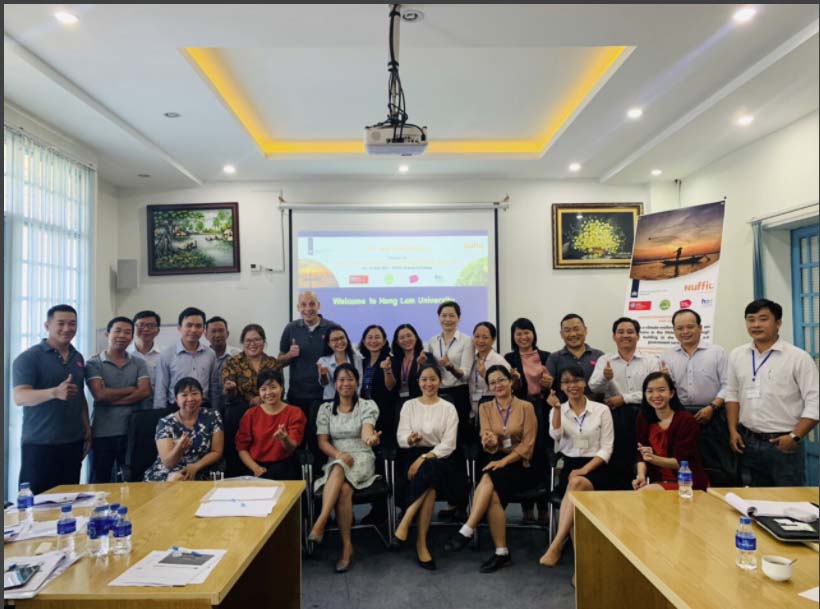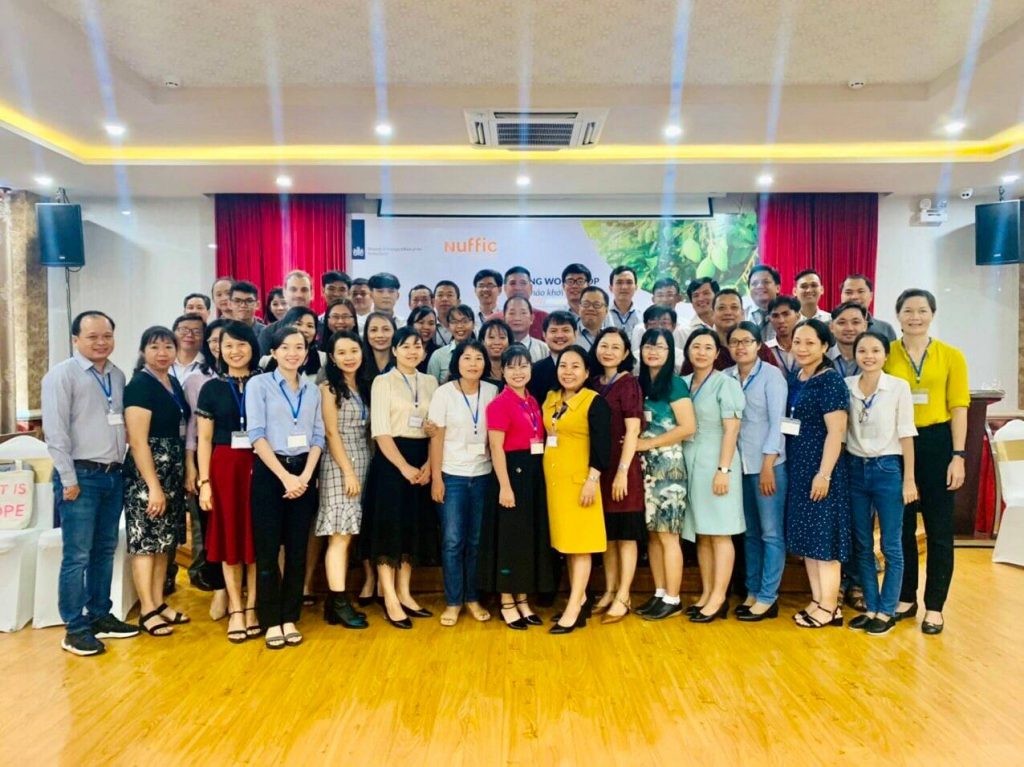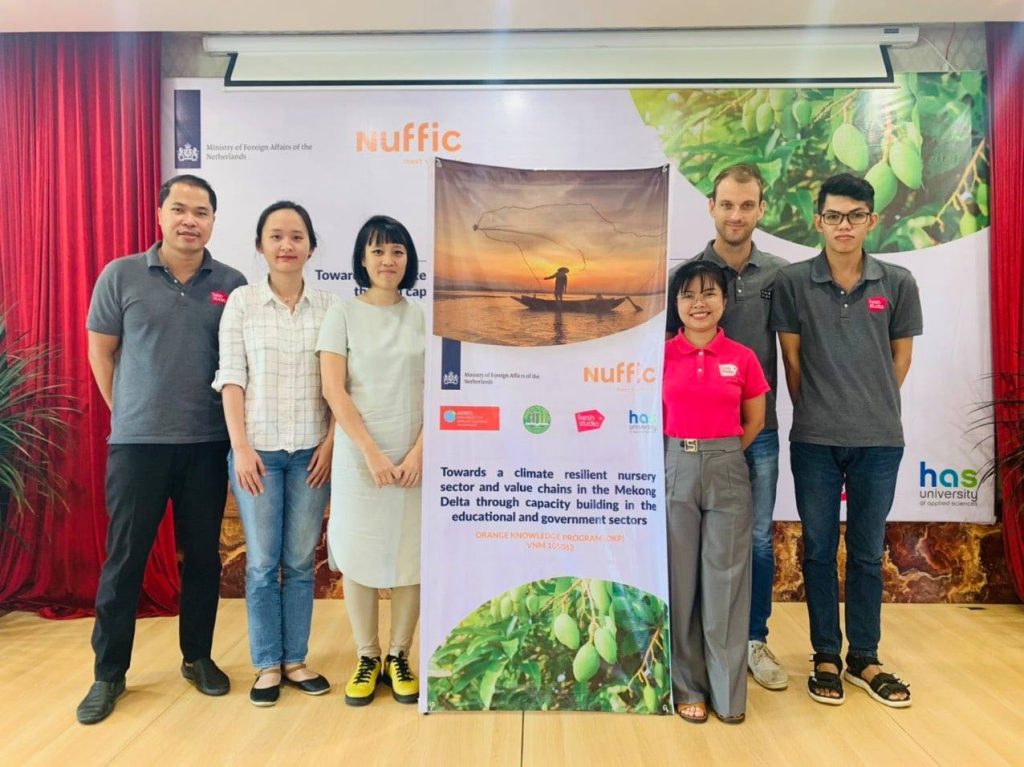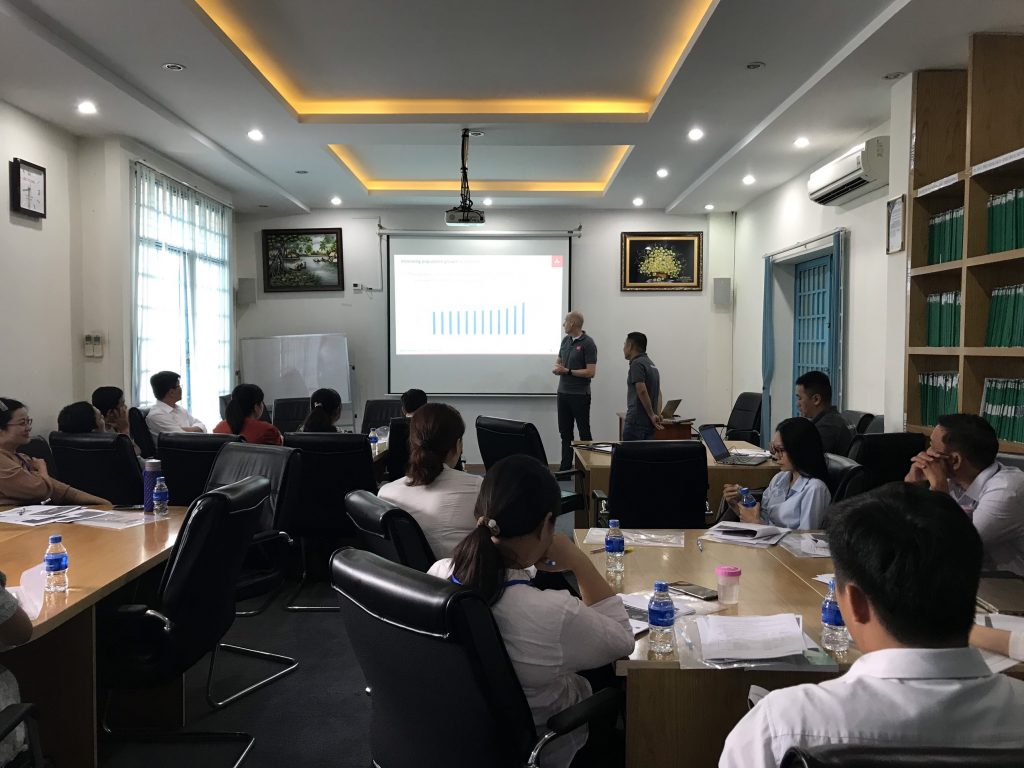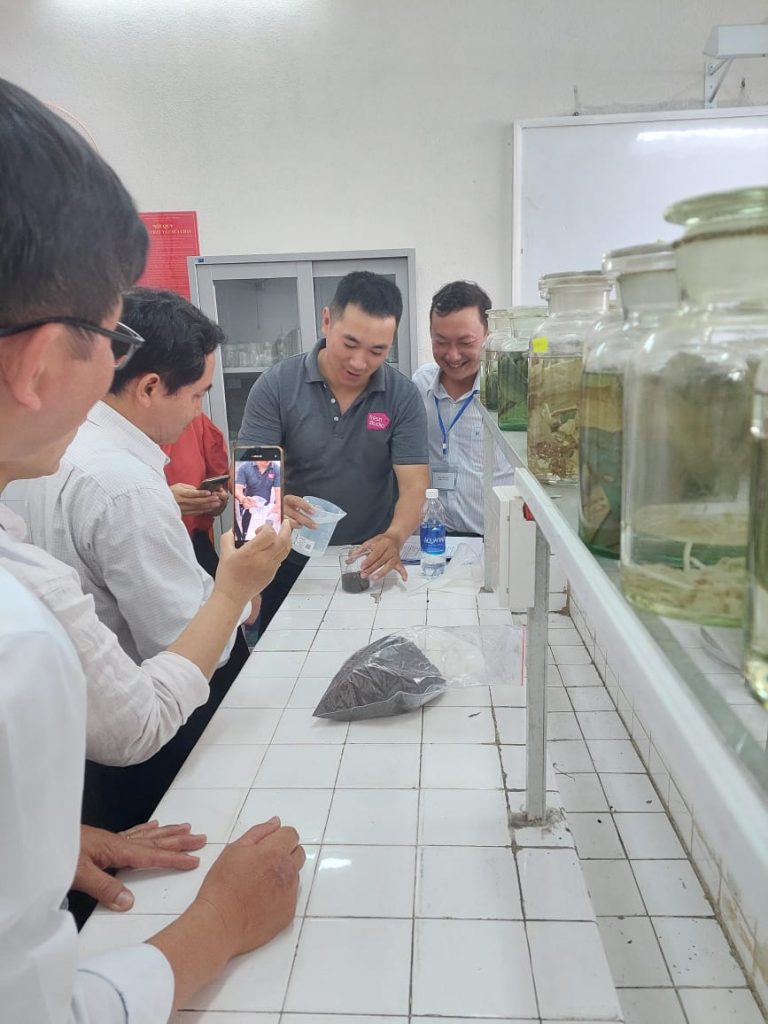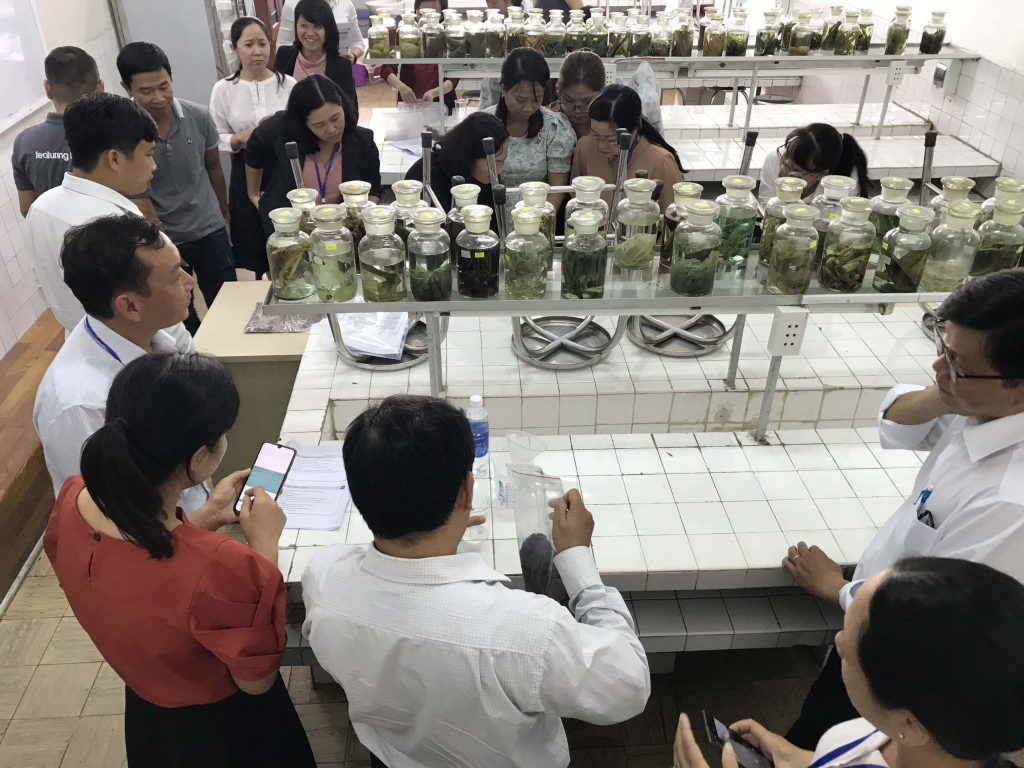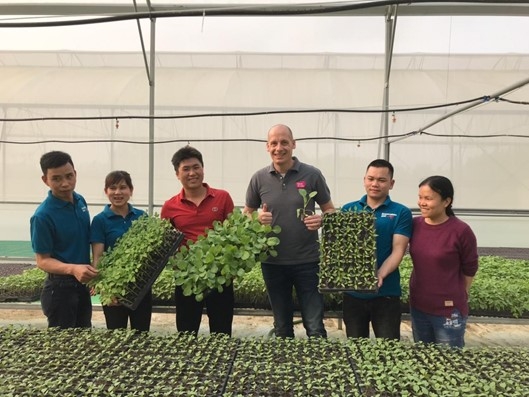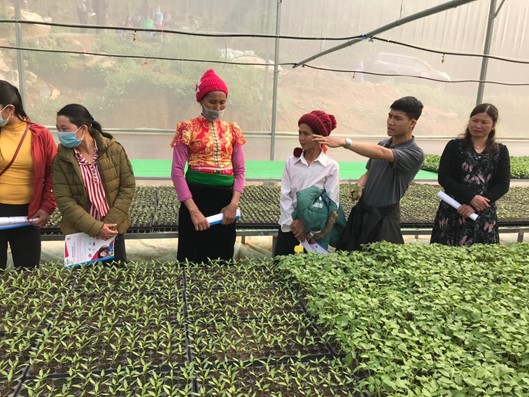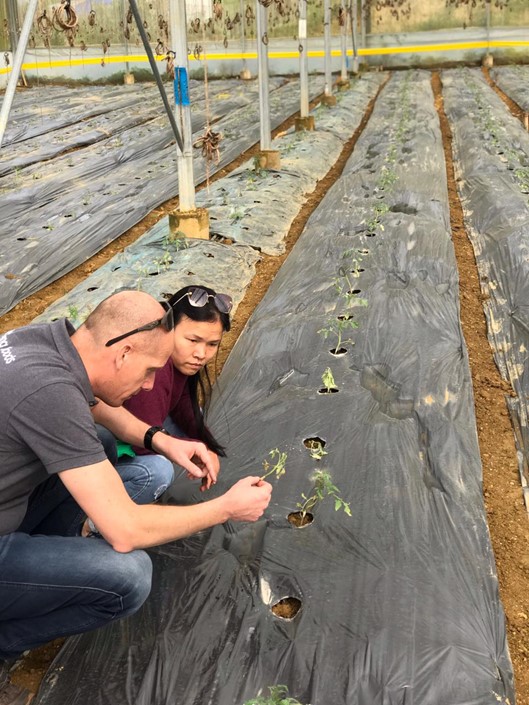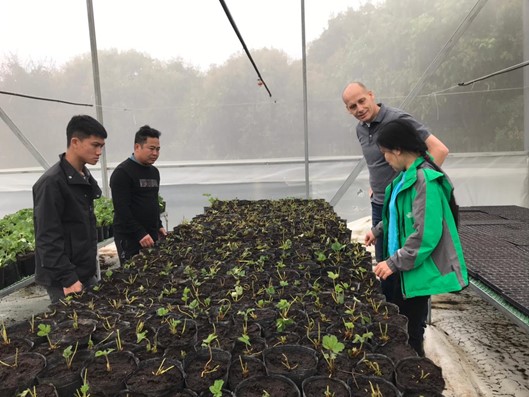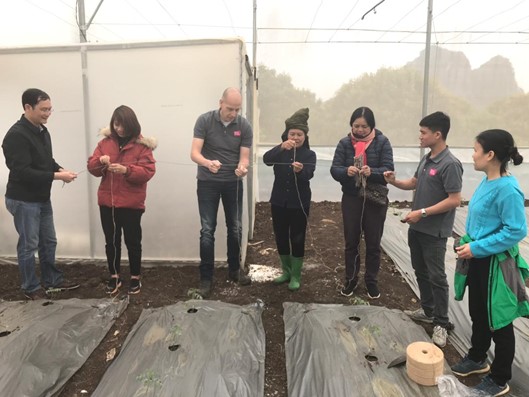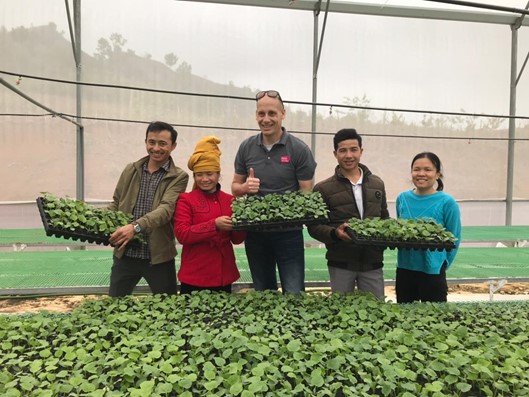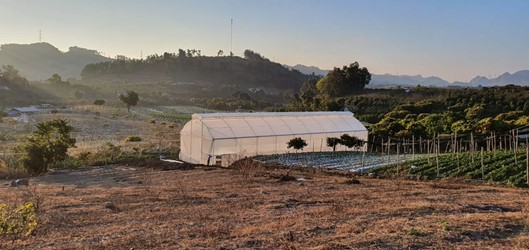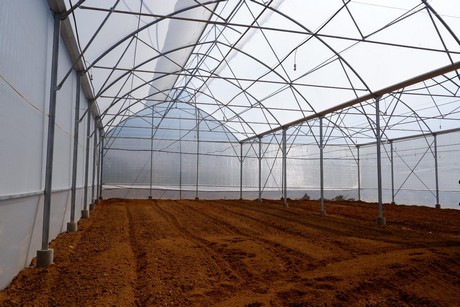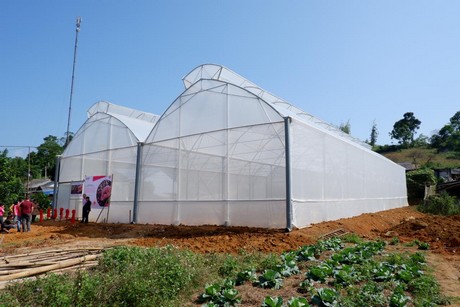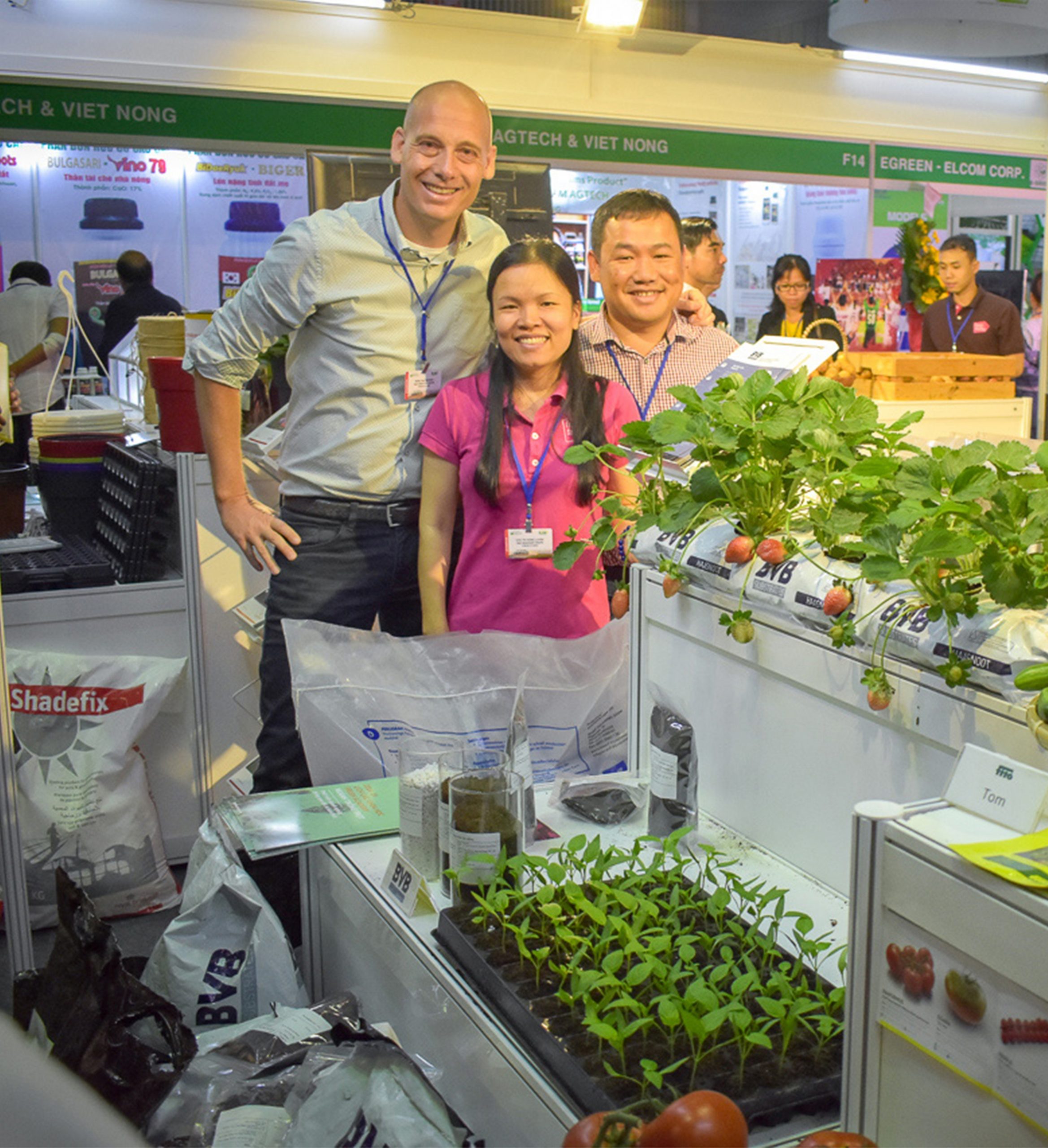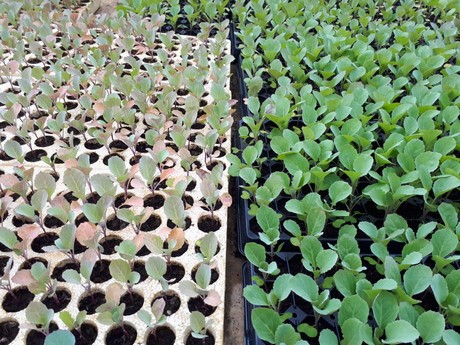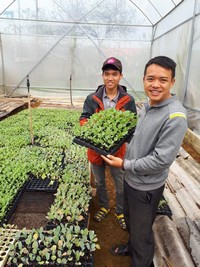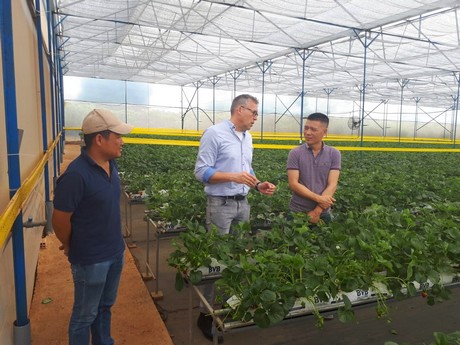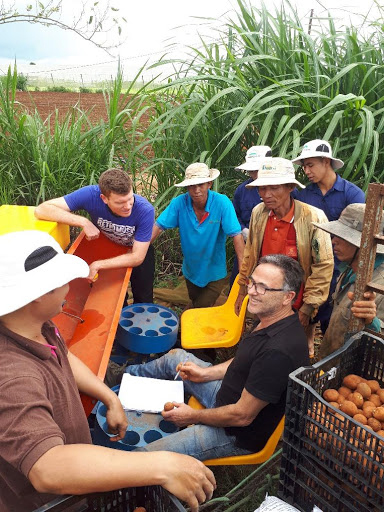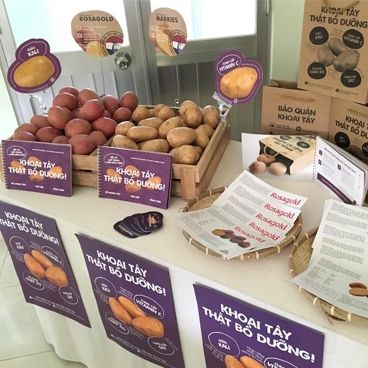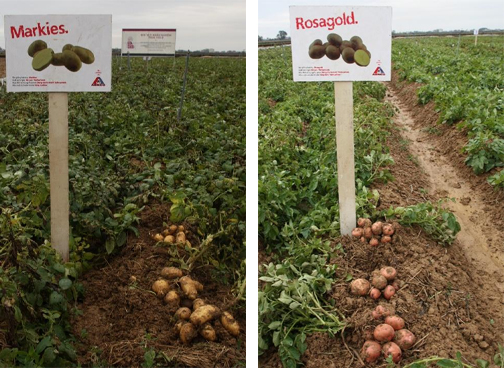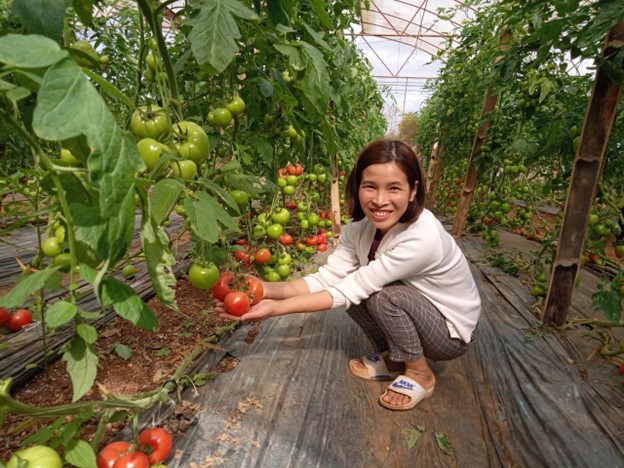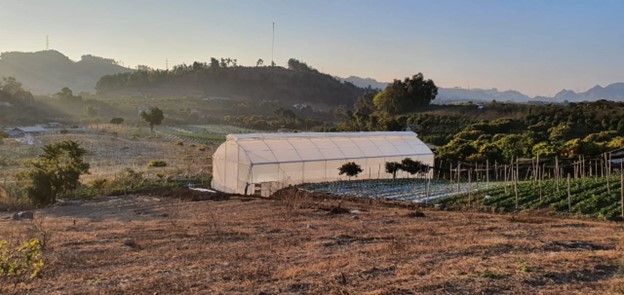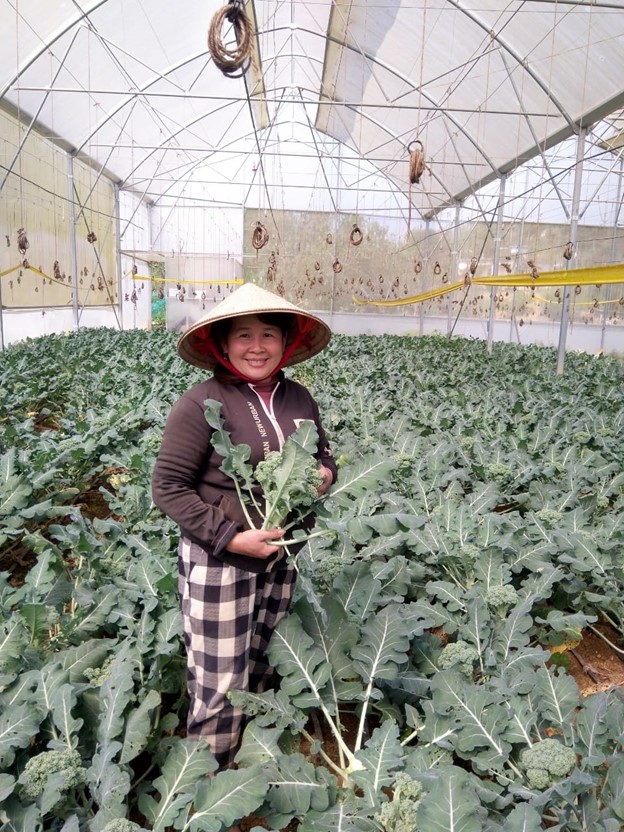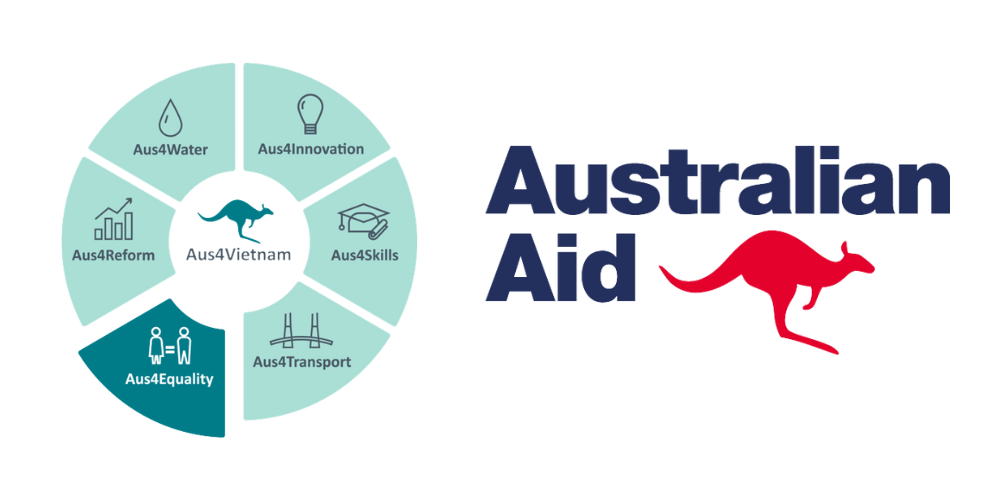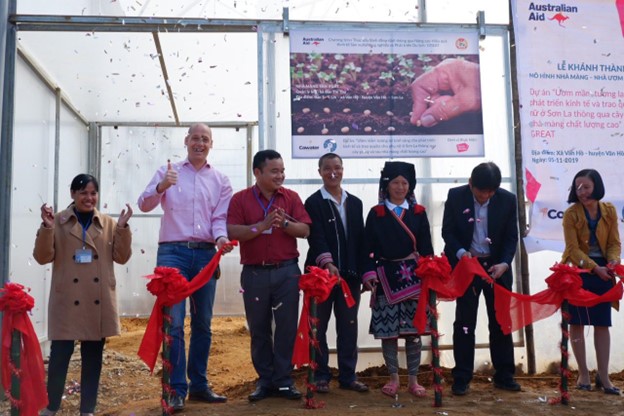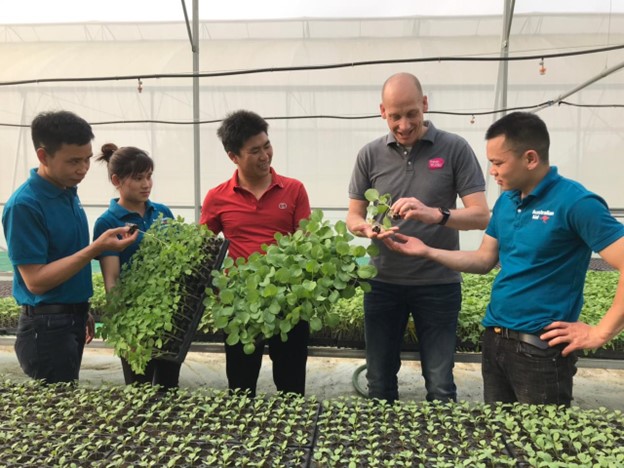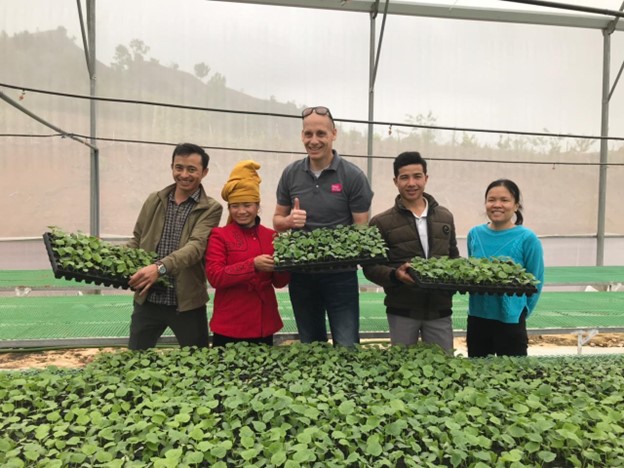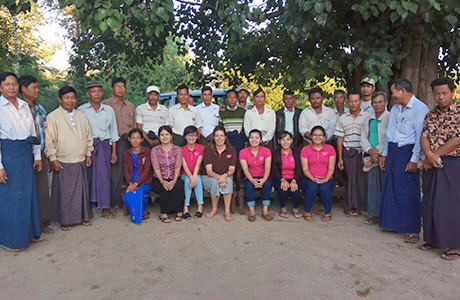2021 April 16-17th Ho Chi Minh City
Twenty professors and researchers from universities, DARDs, TVET and research institutes will participate in a two-day training entitled “Irrigation efficiency and water use-efficiency in crops production”. This is one of several pieces of training offered by the Orange Knowledge Programme (OKP) Project “Towards a climate resilient nursery sector and value chains in the Mekong Delta through capacity building in the educational and government sectors”.
OKP project is A Dutch-Vietnamese knowledge partnership project to promote the development of a climate resilient nursery sector & value chains in An Giang, Dong Thap, Can Tho, Soc Trang, Tien Giang and Vinh Long, funded by the Ministry of Foreign Affairs of The Netherlands and managed by NUFFIC. This project introduces scalable water technology pilots for the aquaculture and horticulture sectors to develop climate-smart value chains. The project international partners including AERES University, HAS University, Fresh Studio Innovations Asia and Nong Lam University work with local governments and educational institutions to enhance capacity so that adaptations to cope with transformation in the MD can be accelerated at the local level.
The main outcomes of the projects are :
- Improved capacity of trainers and teachers, upgraded curricula and training materials applying interactive multi-disciplinary approaches in higher education (HE) and technical vocational education and training (TVET).
- Establishment of an indoor nursery R&D facility for Pangasius to pre-nurse robust juveniles which deliver higher yields, and thereby added value to local farmers.
- Enhanced knowledge & capacity on integrated adaptation strategies, climate smart agriculture (CSA) and efficient water management themes of support organizations within aquaculture & horticulture value chains
“The Netherland- Vietnam Strategic Partnership Agreements (SPAs) focus on technology and knowledge transfer in climate change, water management, sustainable agriculture and food security; the focus themes of this project. The Mekong Delta Agricultural Transformation Plan (MD-ATP) and VN Government Resolution 120 endorse agricultural transition toward vertically integrated value chains and a shift to modern agro-business specialization. The OKP NUFFIC project contributes directly to realize this vision through the transfer of essential technology, knowledge, and skills, “ said Mr. Willem Schoustra, Agriculture Counsellor, Embassy of the Kingdom of the Netherlands in Vietnam
The supply of fruits and vegetables in the MD still cannot meet the increasing demand domestically and abroad. According to the World Bank (2016), the fruit demand in Vietnam will increase from 5 million tons by 2009 to 7 million tons by 2030. Vietnamese exports of fruit show ongoing growth. The capacity to produce diversified fruit types is an advantage of Vietnamese fruit when penetrating the world market.
In addition, the participation of Vietnam in trade agreements (CPTPP and EVFTA) brings great market potential for processed fruits due to big and rapid tax reduction commitments by member countries, especially compared to fresh and raw products. Freshwater supply, suboptimal groundwater tables and reducing agricultural lands due to salinity intrusion and rising sea levels has strong impacts on fruits & vegetables production in the MD. This requires efficient and climate smart water management strategies.
One of the most effective means to conserve water appears to be through carefully managed deficit irrigation strategies that are supported by advanced irrigation systems. Implementation of crop location strategies, conversion to crops with higher economic value or productivity per unit of water consumed, and adoption of drought‐ and/or salt-tolerant crops are discussed in academic research, however these strategies are still very limited in practice. This project will focus on filling this gap. Technical trainings on water quality management and irrigation efficiency for agricultural value chains will be developed and contextualized to close the gap between theory and practices.

